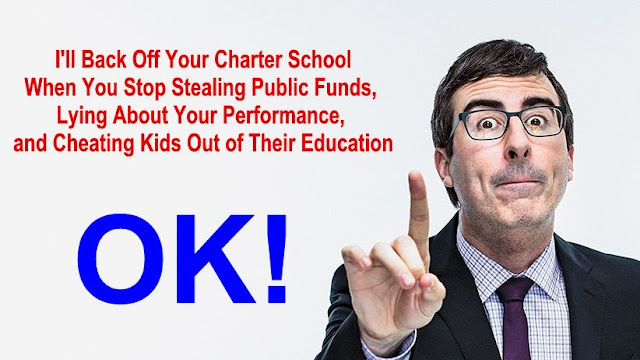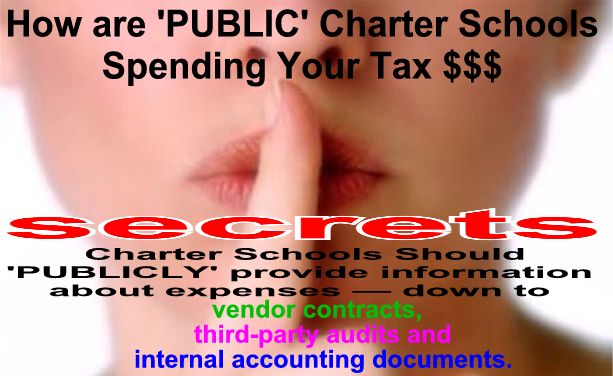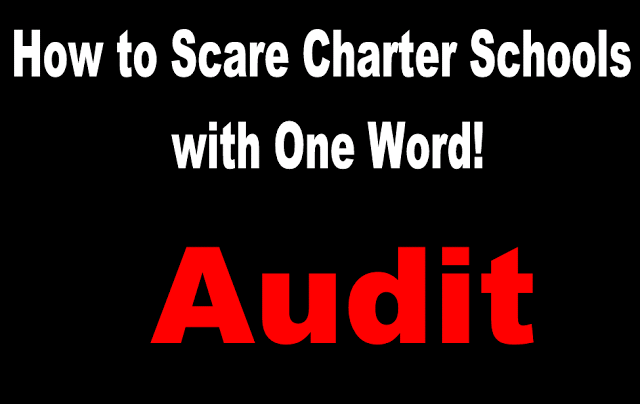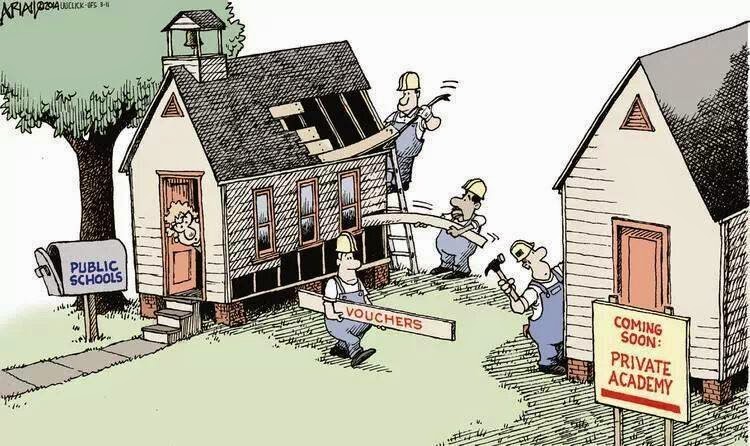Trump's school choice expansion plan may face uphill battle:
Trump's school choice expansion plan may face uphill battle
WASHINGTON (AP) - School voucher programs in the nation's capital and Vice President-elect Mike Pence's home state of Indiana could serve as a blueprint for a Trump administration plan to use public money to enable disadvantaged students to attend the public or private school of their choice.
President-elect Donald Trump made clear that school choice would be an education priority.
Speaking at a Cleveland charter school in September, he vowed to funnel $20 billion in existing federal dollars into scholarships for low-income students. That's an idea that would require approval from Congress, which last year passed a bipartisan overhaul of No Child Left Behind and is unlikely to alter it in the near future. Still, there are smaller-scale ways Trump could reshape public education.
A first step might be asking Congress to restore funding to the D.C. Opportunity Scholarship Program, the country's first federally funded, private school voucher program. The House voted to extend funding earlier this year, but a companion bill has stalled in the Senate.
Gerard Robinson, a resident fellow at the conservative American Enterprise Institute who advised the Trump campaign on education policy, called the D.C. program "a good place to start."
Created in 2004, the program last year gave vouchers to about 1,200 low-income students. The vouchers are capped at $8,452 for kindergarten through 8th grade and $12,679 for high school. Among the 40-plus schools participating are elite private schools like Sidwell Friends, which has counted among its students Chelsea Clinton and Malia and Sasha Obama.
The idea of allowing public funds to follow individual students to a charter, magnet or private school isn't new. Programs are already in place in states like Indiana, where Pence, as governor, oversaw a dramatic expansion of vouchers in the state. Nearly 33,000 students participated last school year, up from nearly 4,000 in 2011-12. The vouchers are awarded on a sliding scale based on income and family size. For 2015-2016, the top voucher averaged nearly $5,500 for a high school student.
The Indiana Supreme Court upheld the program in 2013, ruling that it didn't violate a state constitutional provision against public funding for religious programs.
At the federal level, Congress considered allowing Title I funds targeted for low-income students to follow them to the school where they enroll, but that idea was ultimately scrapped in the final version of NCLB's successor, the Every Students Succeeds Act.
Vic Klatt, a principal of Penn Hill Group who has worked on federal education policy for more than two decades, says school choice has a better chance now, but it won't be easy.
"There will be tons of support for charters. Full-scale private choice will be a battle," Klatt said at an Education Writers Association panel discussion this week. "It's going to depend on how much emphasis this president and his people put on private school choice as an issue."
Education observers said there are other ways to push that agenda, including tax incentives to move children from public to private schools or a Race to the Top-style grant program in which states are encouraged to adopt choice-friendly policies in exchange for funds.
The Obama administration's Race to the Top competition gave $4 billion to states that vowed to adopt more rigorous standards and turn around failing schools. States that adopted the Common Core standards in math and reading were more likely to win a slice of the pie.
Trump repeatedly promised to "put an end to Common Core," but the standards were adopted by individual states and the new education law explicitly prohibits the federal government from telling states which standards to adopt, Common Core or otherwise.
Trump's campaign plan for school choice was scant on details: He did not say where the $20 billion in federal funding would come from or how it would be doled out.
"I think what you're going to hear from him is a shift from the term school choice to parental choice," Robinson said in an interview with The Associated Press, adding that he was speaking for himself, not the Trump transition team. Robinson has been mentioned as a possible education secretary in a Trump administration.
Research on school choice programs like the D.C. Opportunity Scholarship suggests mixed results.
One evaluation of the D.C. voucher program found students had slightly higher reading scores but no significant improvements in math. A subsequent review of that study, however, found it downplayed results showing higher scores were concentrated among certain groups of students.
"I would have hoped for and expected better results than we saw," said Kevin Welner, director of the National Education Policy Center at the University of Colorado Boulder.
Some education leaders expressed doubt that Trump's proposal would be roundly welcomed at a time when there has been increasing skepticism of large-scale expansions of alternatives like charters.
Voters in Massachusetts and Georgia rejected ballot measures that would have paved the way for the creation of more charter schools.
"I think you would get a limited number of states that would take advantage of it," said Kristen Amundson, executive director of the National Association of State Boards of Education. "It's not something that is being universally asked for."
___
Armario reported from Los Angeles. Tom Davies in Indianapolis contributed to this report.
___
Trump's school choice expansion plan may face uphill battle:






















